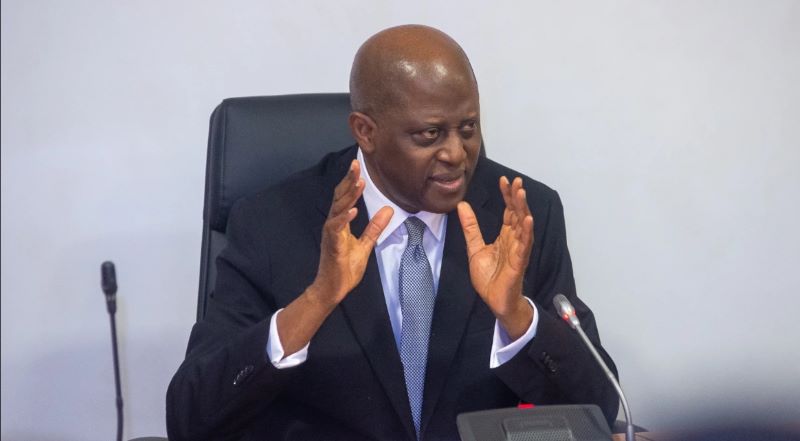
The Central Bank of Nigeria (CBN) has directed bank directors with non-performing insider-related loans to immediately resign from their positions as part of a sweeping crackdown on insider lending and corporate governance violations.
In a circular signed by the Acting Director of Banking Supervision, Adetona Adedeji, the apex bank mandated all commercial banks to regularize insider-related loans exceeding statutory limits within 180 days or face regulatory sanctions.
Insider loans—credit facilities extended to a bank’s own directors, executives, employees, or major shareholders—have long been a concern for financial stability.
The directive underscores the CBN’s commitment to mitigating financial risks and ensuring that loans to politicians, business elites, and other influential Nigerians undergo strict due diligence before approval.
To enforce compliance, the CBN has instructed banks to take decisive steps to recover outstanding debts, including seizing the collaterals and shareholdings of defaulting directors.
The circular states:
– Immediate Resignation: Directors with non-performing insider-related loans must step down immediately.
– Loan Recovery: Banks must initiate recovery measures, including repossessing collaterals and shareholdings.
– Regulatory Limits: Insider-related facilities must be brought within the 5% individual and 10% aggregate limits of a bank’s paid-up capital as prescribed under Section 19 of the Banking and Other Financial Institutions Act (BOFIA) 2020.
– Strict Monitoring: Banks are now required to submit periodic reports detailing their insider lending portfolios and compliance progress.
While Nigeria’s top banks, having strengthened their governance frameworks over the years, may find it easier to comply, smaller and mid-sized banks—where insider lending is more prevalent—could struggle to meet the deadline.
“There’s no doubt that some banks will be forced to unwind large insider positions or seek creative refinancing solutions to comply,” said a senior banking executive.
This crackdown aligns with the CBN’s broader recapitalization agenda and efforts to prevent systemic risks in the financial sector. Lessons from the 2009 banking crisis, largely triggered by reckless insider lending, remain a stark reminder of the dangers of unregulated credit exposure.
With a 180-day compliance window now in motion, banks may undergo significant restructuring, including boardroom shakeups, debt sales, and policy changes. The directive is expected to enhance financial discipline, ensuring that loans are granted based on merit rather than insider influence.






